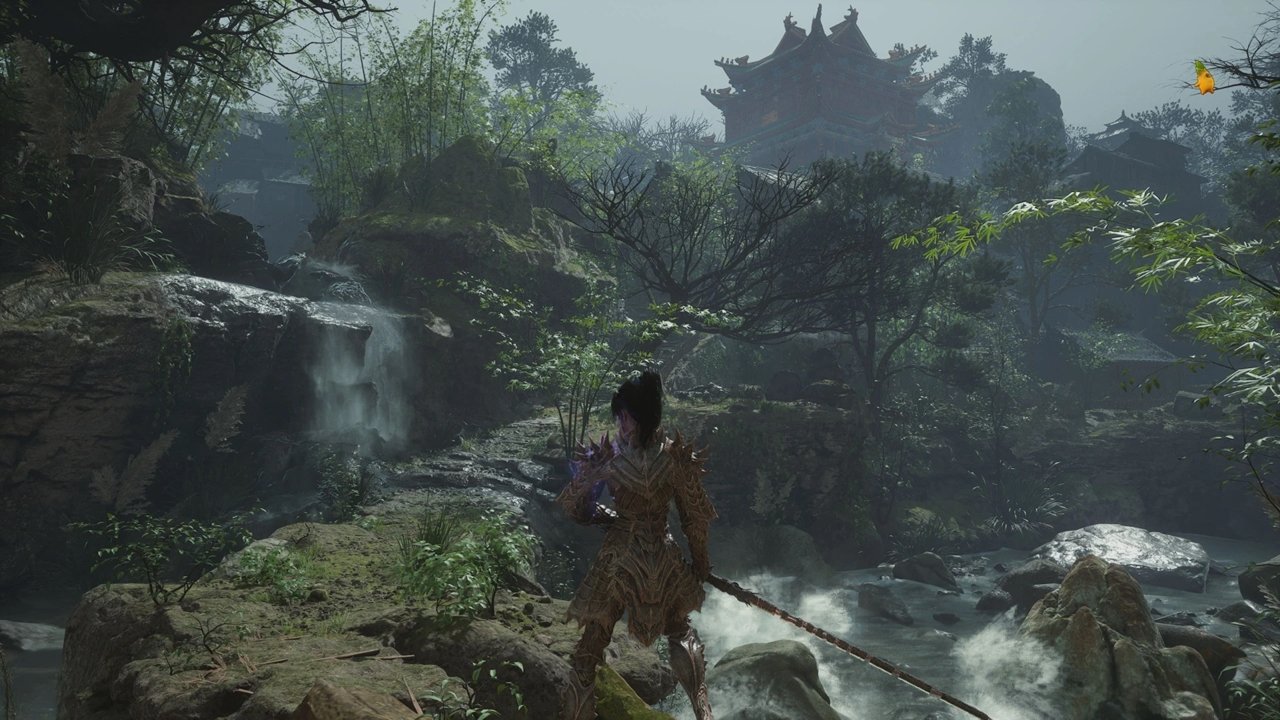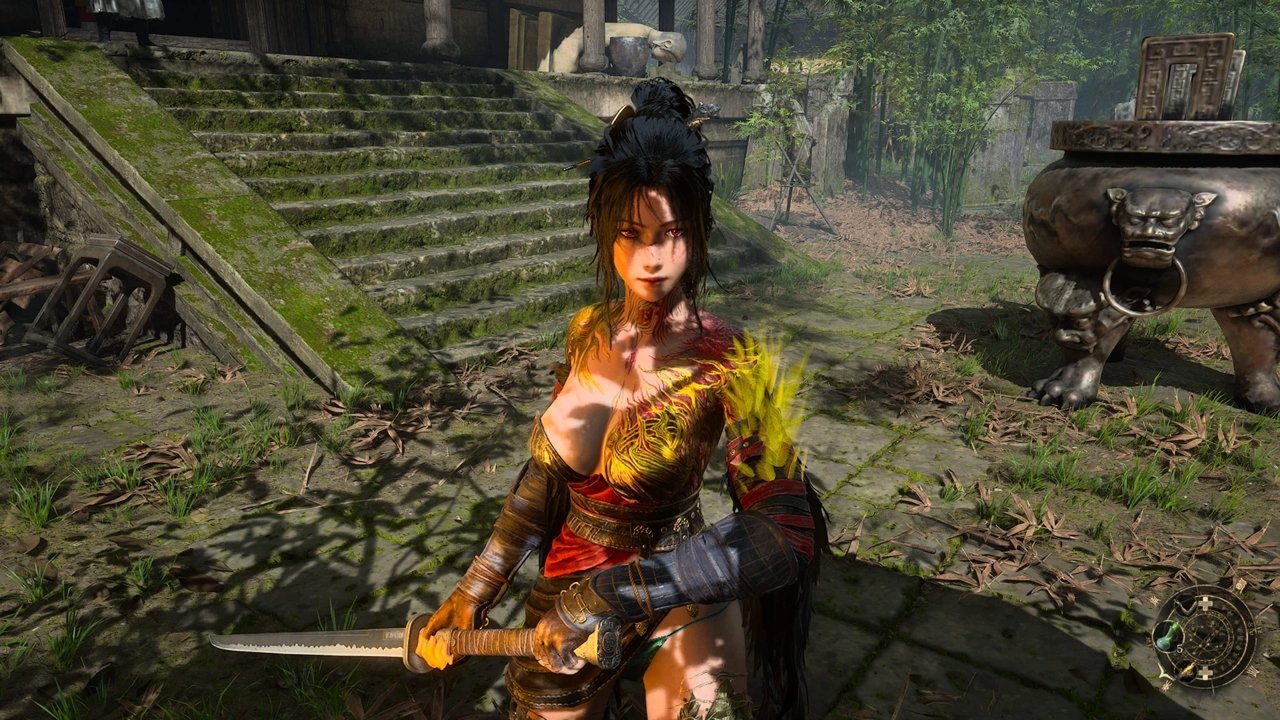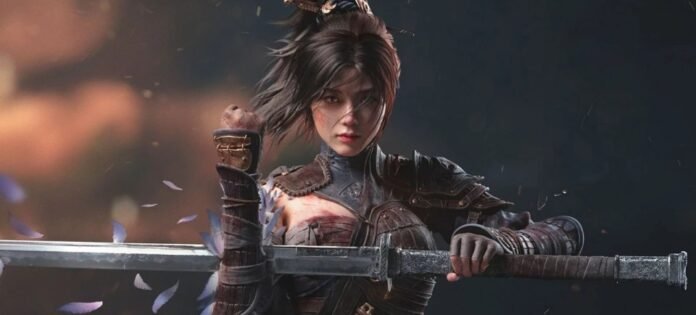
Chinese developer Leenzee’s much-anticipated action RPG Wuchang: Fallen Feathers launched with a bang, peaking at over 114,000 concurrent players on Steam within hours of release. Riding the hype generated by its haunting aesthetics and Soulslike gameplay, the game seemed poised to follow in the footsteps of Black Myth: Wukong as a breakout hit from China’s rising game development scene.
But the honeymoon didn’t last long.
Within a day of launch, Wuchang: Fallen Feathers was inundated with overwhelmingly negative reviews on Steam. As of this writing, only about 16.6% of its over 12,000 user reviews are positive. The rest? A flurry of criticism, primarily centered around performance issues and the game’s controversial portrayal of women.
Performance Problems Overshadow Hype
The vast majority of complaints from players revolve around Wuchang’s technical stability—or lack thereof. Built using Unreal Engine 5, the game struggles with optimization, causing frequent crashes, frame drops, and poor responsiveness during key gameplay moments. These issues have made basic tasks like exploration or combat frustrating for many players.
“UE5 games tend to have shaky performance, and unfortunately this one’s a mess,” one player wrote in their review.
Another user added, “Yet another UE5 title that looks great in trailers but runs terribly in practice. Why promote frame generation or upscaling if the base game isn’t even stable?”
This wave of frustration stands in stark contrast to critic reviews. At launch, Wuchang received a respectable Metascore of 75, including scores of 75 for PlayStation 5, 76 for PC, and an impressive 83 on Xbox Series X/S. Insider Gaming gave the title 4 out of 5 stars, calling it “a promising start to a new series that fans of Soulslike games shouldn’t miss.”
The disparity between user and critic sentiment has only intensified the conversation around the game—and not just for technical reasons.
Praise, Irony, and Objectification
Interestingly, even some of the game’s “positive” user reviews come with caveats—or sarcasm. Many of them highlight the alluring design of the game’s female protagonist, Wuchang, praising her outfits and physical appearance more than the gameplay itself.
This has added another layer to the controversy. While Leenzee aimed to craft a dark, gothic narrative steeped in Chinese folklore, the game’s visual design—particularly its female characters—has become a flashpoint.
Critics and players alike have pointed out the juxtaposition of the game’s grim tone with the frequent use of revealing costumes. Some reviewers argue that these design choices undercut the game’s serious themes and reflect outdated attitudes toward women.
“This game keeps putting female characters through extreme pain and then ‘rewarding’ them with skimpy outfits,” one user wrote. “It’s not edgy—it’s lazy.”
The Gender Politics Divide
Beyond technical flaws and stylistic choices, Wuchang: Fallen Feathers has ignited broader debates around gender portrayal in games. Several Western critics have voiced disapproval, labeling the game sexist or tone-deaf. This reaction has led to accusations of bias and double standards, with fans pushing back against what they see as unfair treatment of titles featuring attractive female characters.
The backlash echoes earlier controversies involving other high-profile titles like Stellar Blade, which faced criticism over its lead character’s appearance. The situation escalated to the point where one journalist mocked the game’s director, claiming “he must have never seen a real woman,” despite the developer being married. Fans of Stellar Blade and now Wuchang argue that such criticisms reveal more about critics’ agendas than the games themselves.

Meanwhile, Black Myth: Wukong—a game where the protagonist is literally a monkey—was also criticized for lacking “diversity,” raising questions about the consistency and fairness of certain review standards.
This recurring trend has sparked discontent in online communities, where many feel that some critics prioritize ideology over gameplay. For them, Wuchang: Fallen Feathers is the latest victim of this perceived cultural clash.
A Cautionary Tale for Chinese Developers?
While the game’s launch numbers prove there’s strong interest in Chinese-developed AAA titles, the rocky rollout of Wuchang serves as a reminder of the challenges these studios face when stepping into the global spotlight. Navigating the technical demands of next-gen game engines like Unreal Engine 5 is hard enough—but add in cultural scrutiny and differing global expectations, and the path becomes even more treacherous.
Leenzee has yet to release a detailed roadmap addressing the performance complaints, though players are hoping for major patches in the coming weeks. Whether those improvements will be enough to shift public opinion remains to be seen.
For now, Wuchang: Fallen Feathers stands as both a commercial curiosity and a cautionary tale. It has succeeded in grabbing attention, drawing in tens of thousands of players and making headlines across the gaming world. But the game’s long-term legacy will depend not just on how it evolves technically—but on how it navigates the broader cultural debate that it has, intentionally or not, stepped into.
Whether Wuchang will rise from the ashes of this early backlash or fade into obscurity is unclear. But one thing is certain: its launch has already become one of the most talked-about events in gaming this year.

